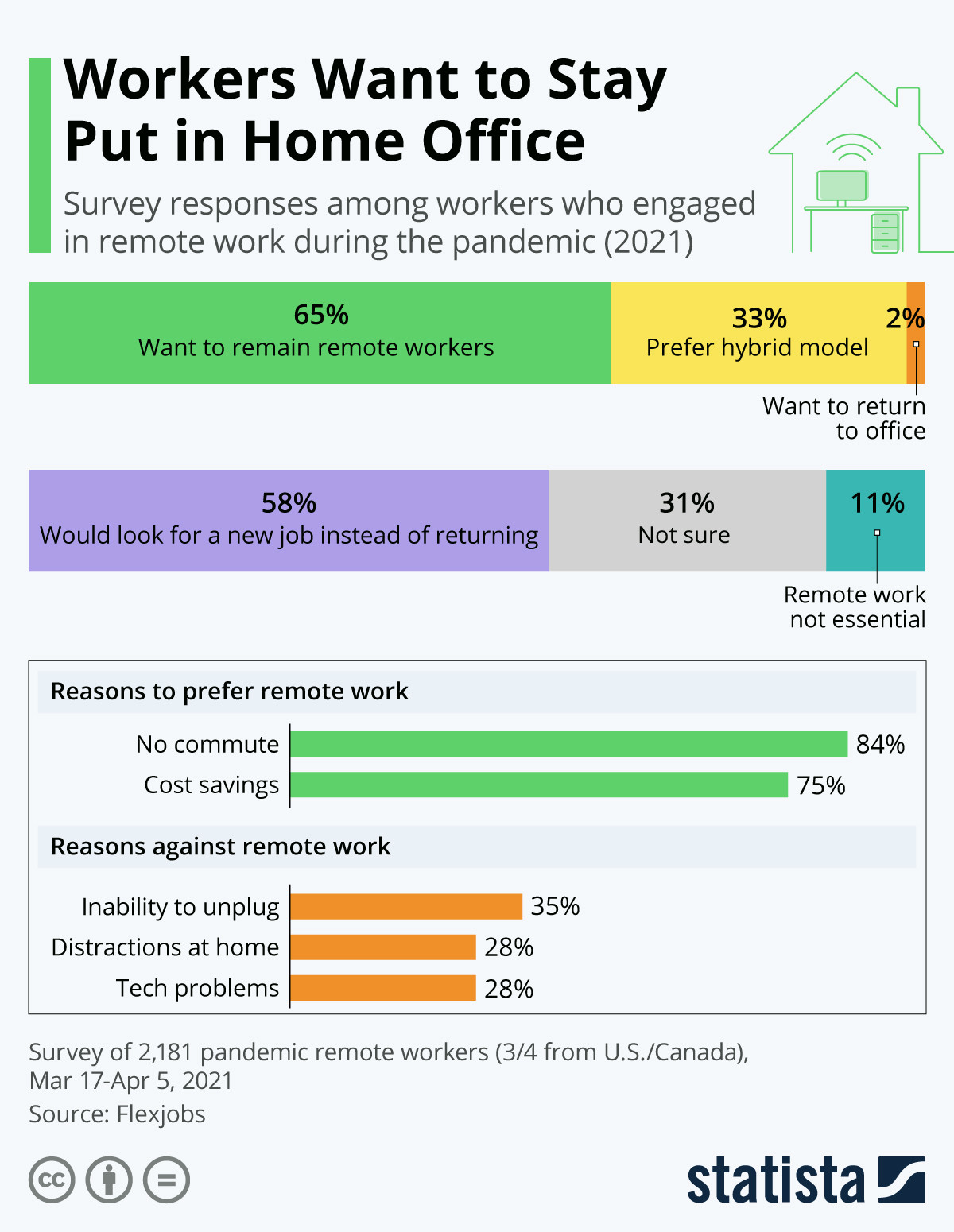by Johnny Wood and Ian Shine*
The shift to remote working has blurred the line between home and work life for many people, leaving them answering calls, texts and emails at all hours. This has prompted numerous countries to look at laws to protect the "right to disconnect".
Kenya is the latest country to do so – and the first African country to consider such a move. Its proposed Employee (Amendment) Bill seeks to prevent employers from expecting employees to answer calls, text messages or emails outside working hours, at weekends or on public holidays.
The bill would require firms with more than 10 employees to consult staff or trade unions about their out-of-work policies. And they would face fines of $4,000 if they break the rules.
Belgium’s right to disconnect
Belgium passed a law in February 2022 allowing civil servants to switch off work emails, texts and phone calls received out of hours, without fear of reprisals. The legislation protects the country’s 65,000 public-sector employees from exposure to being permanently on-call, although out-of-hours contact is permissible in exceptional circumstances. Plans are being discussed to extend the new laws to employees in the private sector.
It is hoped the new rules will help prevent burnout and reinforce the importance of establishing a work-life balance, Belgium’s Public Administration Minister Petra De Sutter told the BBC.
Remote and disconnected
Some of the social changes brought about by the pandemic have redefined how and where many people work. And remote working has proved popular, leaving many people reluctant to return to full-time in-person office work.
More than 80% of Belgian employees – including 40% in managerial positions – across different parts of the economy said they would prefer to work from home at least two days each week, a national survey shows.
The lure of home office is reflected in other parts of the world, too. A survey of North Americans by job-listings site Flexjobs, found 65% of people who switched to remote working during the pandemic would prefer to keep working from home.

Almost three in five respondents said they would look for a new job if their current employer forced a return to the office. Just 2% said they would prefer to return to pre-pandemic full-time office life.
The absence of a commute and the expense associated with it were cited as key benefits of working from home, but working remotely is not without its drawbacks. More than a third of respondents said they found it difficult to unplug.
New research by New York’s Cornell University suggests that remote jobs can boost workers’ wellbeing and work engagement, but only if their work is restricted to regular hours. This means there is a need for new labour standards and management practices to prevent people working extended hours at home, says Duanyi Yang, Cornell Assistant Professor of Labour Relations, Law and History.
A legal right to rest
The European Union (EU) defines the right to disconnect as “a worker’s right to be able to disengage from work and refrain from engaging in work-related electronic communications, such as emails or other messages, during non-work hours”.
And while this right has not yet passed into EU law, a resolution passed in January 2021 called for an EU directive to be established.
This follows moves by several member states to establish legal precedents. France, seen by many as the pioneer in this area, enacted legislation in August 2016 allowing employees to switch off phones and other devices outside of set working hours. Companies with 50+ employees are obliged to draw up a “charter of good conduct” setting specific hours when staff can’t send or receive emails.
*Writer, Formative Content and Senior Writer, Formative Content
**first published in: Weforum.org




 By: N. Peter Kramer
By: N. Peter Kramer
